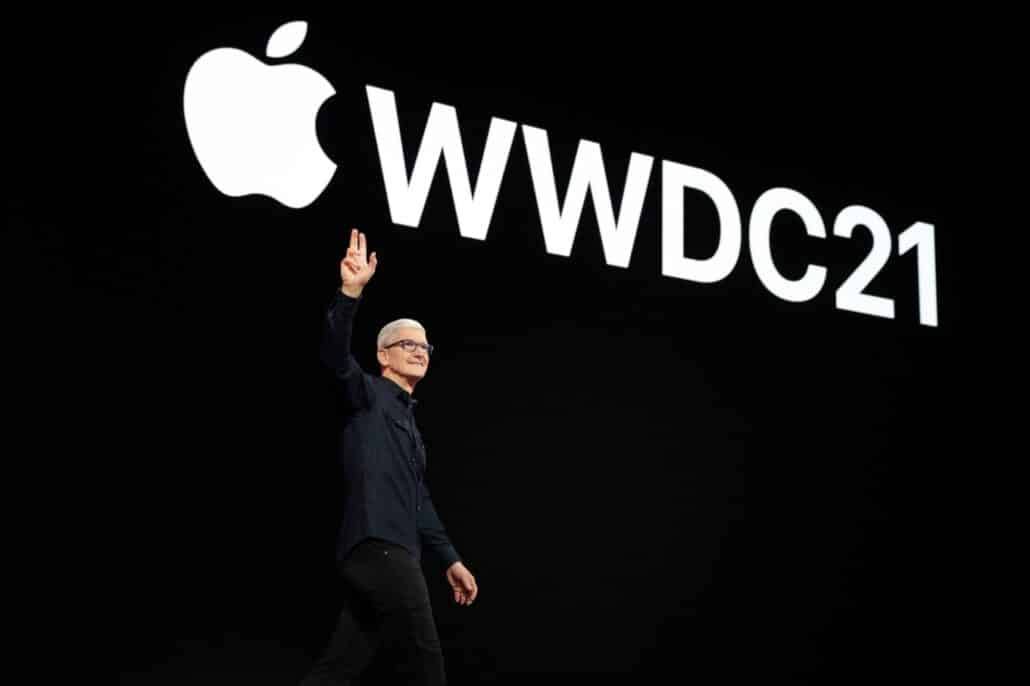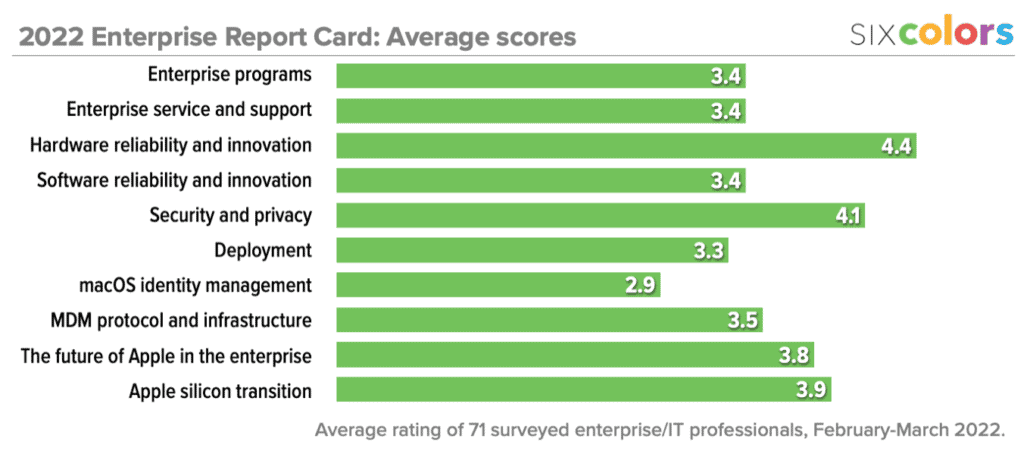Bloomberg: Apple planning to change course, allow third-party app stores and more ↦
The usually well-sourced Mark Gurman at Bloomberg with the scoop:
Software engineering and services employees are engaged in a major push to open up key elements of Apple’s platforms, according to people familiar with the efforts. As part of the changes, customers could ultimately download third-party software to their iPhones and iPads without using the company’s App Store, sidestepping Apple’s restrictions and the up-to-30% commission it imposes on payments.
If this pans out, it’s not only a groundshaking change to a major chunk of Apple’s Services revenue, but also a 180-degree change to what has been probably the most contentious element of the company’s business. Apple hasn’t, of this writing, confirmed the plan.
The rationale behind such a change is the Digital Markets Act, a European law that comes into effect in 2024, which mandates more control in the hands of users instead of platform owners. Critics have taken shots at some of the aspects of this law, such as interoperability between messaging protocols, but there’s no getting around that the European Union is a major market for tech companies, and its laws have a way of enforcing sweeping changes—for good or ill. (See the similar law enforcing the use of a standard charging connector on smartphones which is reported to helped spur Apple’s decision to shift the iPhone from its proprietary Lightning connector to USB-C.)
But Apple has been a staunch defender of its App Store approach, on the ground of security and privacy—not to mention protecting its 30-percent cut. That’s proved unpopular with developers, including major opponents like Epic Games and Spotify, both of which have taken shots at Apple for its restrictions.
Changing this would be no small deal for Apple, which has been pinning its hopes for growth on revenue from its Services division, of which the App Store is a substantive chunk. But it would also probably get positive reactions from the company’s developer community which have seen Apple’s 30-percent commission as an expensive cost of doing business.
Gurman also reports that as a result of this law, Apple is also considering opening technological aspects of its platform, paving the way for other web browser engines and more access to its private APIs. Such changes would likely appear in next year’s iOS 17, putting it into action before the 2024 law takes effect.
It’s increasingly seemed like this kind of major sea change was inevitable, with Apple coming under fire from a variety of governments around the world for what’s been viewed as monopolistic behavior. In the past year or two, the company’s been forced to make changes to its rules in a variety of markets, including Japan, South Korea, and the Netherlands. Regulators in the US have discussed the company as well, though there’s been no coalescing on action.






